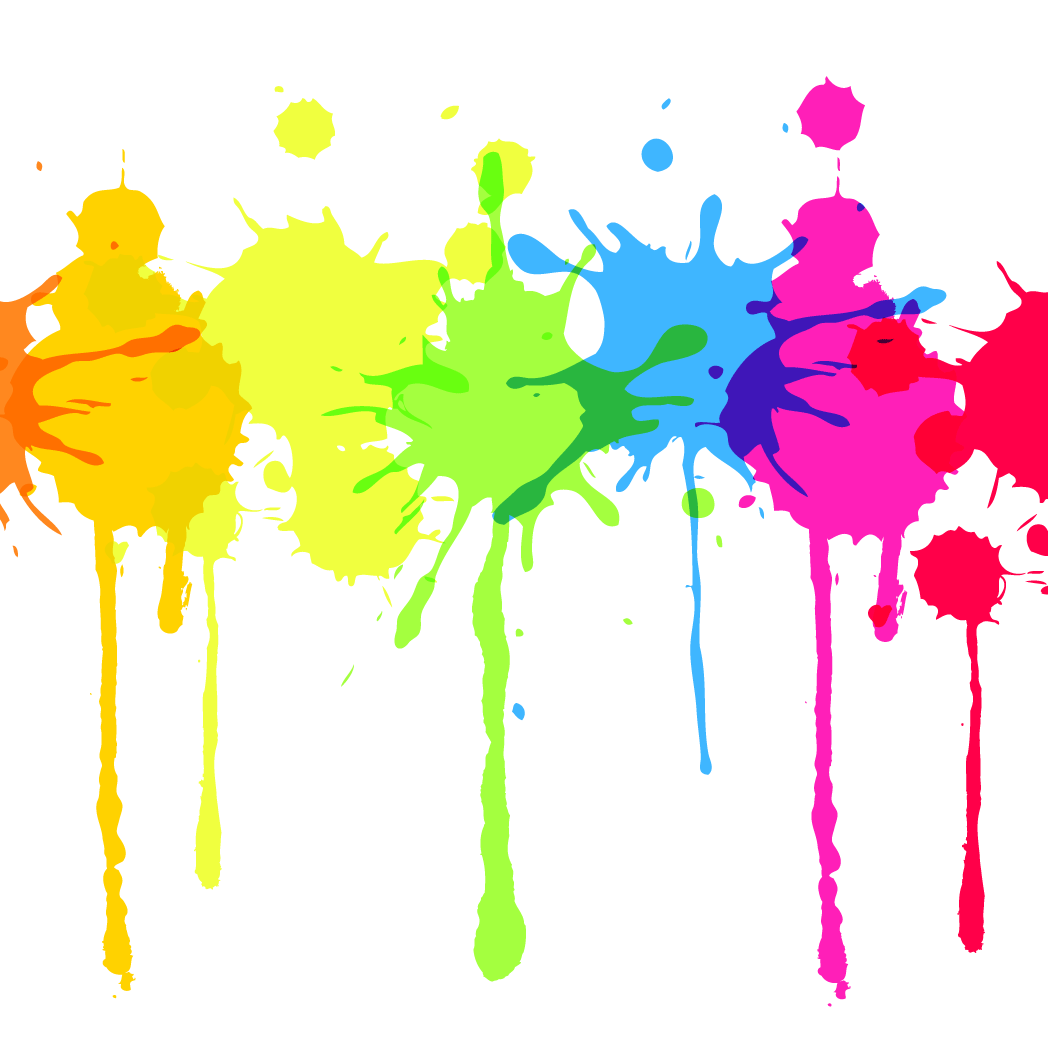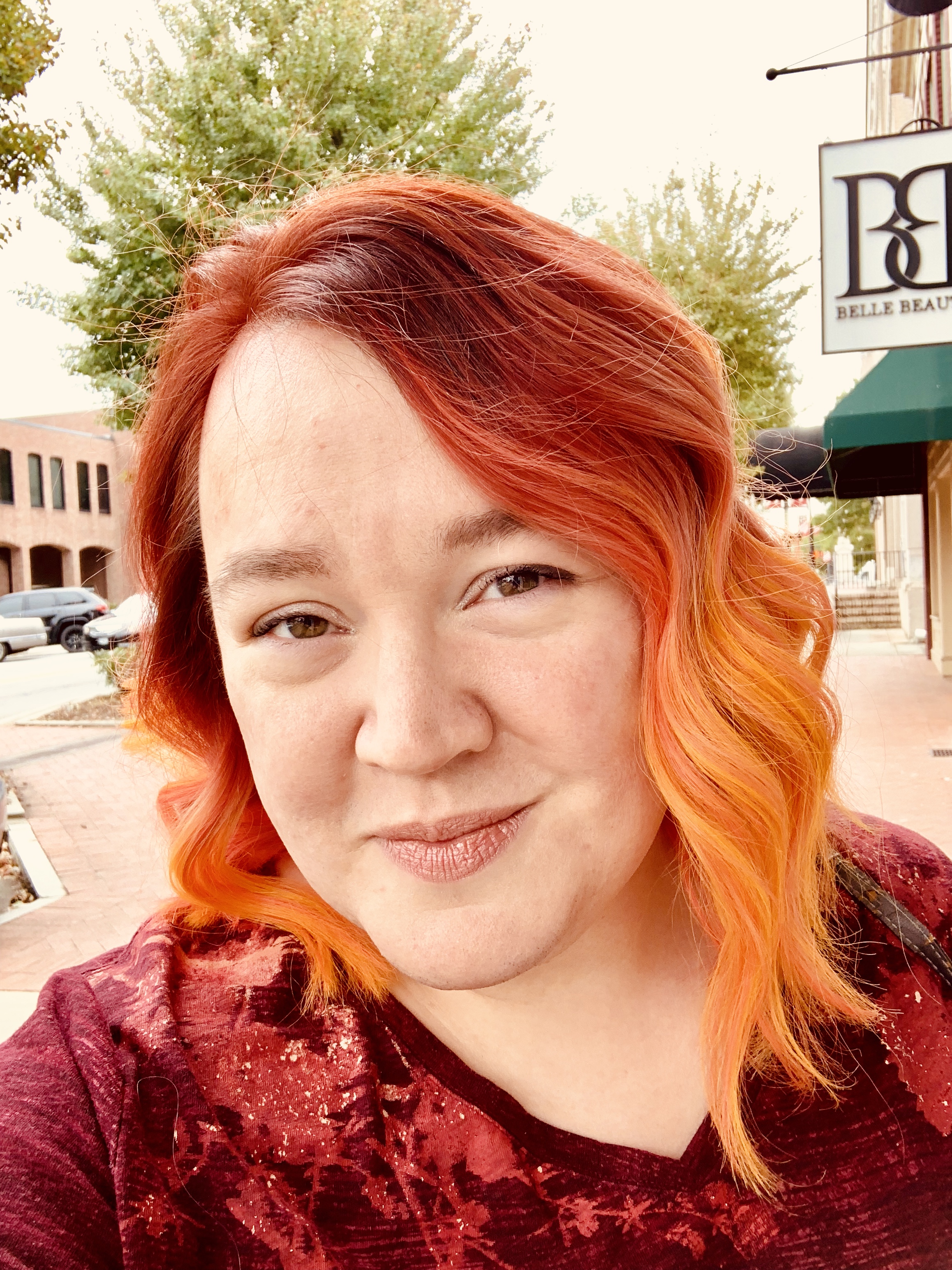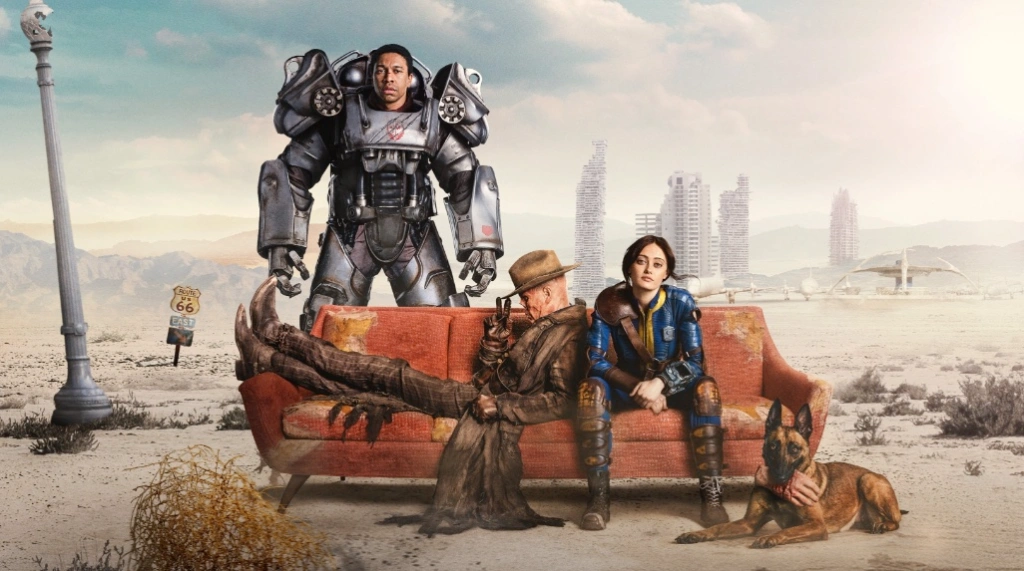 Yesterday I discussed some of the myths that drive adults to make terrible policy decisions, ones that ban good adults from being in exactly the spaces online where they need to be to stay in touch with kids when they’re most needed.
Yesterday I discussed some of the myths that drive adults to make terrible policy decisions, ones that ban good adults from being in exactly the spaces online where they need to be to stay in touch with kids when they’re most needed.
Today I’d like to offer a better social media policy for schools & educators, especially for middle & high schools.
An Educator’s Social Media Guidelines
1. Don’t ever say anything to a student (whether online or in person) that you wouldn’t also say to the student if his/her parents or your principal were standing right next to you.
Duh…..Do I even need to explain this one? If you couldn’t say it without negative consequences, don’t say it at all… doesn’t matter WHO you’re talking to or where. Treat all communication online as a public event. After all, once you’ve written it, it never goes away.
2. Recognize that teaching is relational by nature, not by choice.
I love the blog posts coming from John Spencer (Education Rethink), a school teacher in Phoenix, AZ, about teaching relationally. In case you think I’m just a crazy religious zealot, he’s saying the same thing about teaching and discipline and classroom culture from his public school classroom. You can’t really teach without acknowledging that you are now in a relationship with the students in your classroom. You have the power to harm or to build up. There is no neutral ground where you simply exist without having influence.
3. Live transparently and honestly.*
Everything you do as a teacher affects your students, whether on Saturday night or in your classroom. If you think you can live a double-life and hide your “real person” from your students, you’ll fail. [Especially if your students are over the age of 12. Adolescents can small hypocrisy from a mile away.]
As a personal principle, I don’t engage in activities that I would want to hide from my students, parents, boss, or friends.
4. Understand that our lives are full of overlapping circles of relationships (thanks, Google+). Recognize the differences between a student-teacher relationship and a friend-friend relationship.
It takes a few years for any individual teacher to figure out how to care for her students without turning students into surrogate friends. Having more teacher-mentors around for new teachers helps the process along. But teaching is by nature an intensely emotional and relational experience. If you don’t love those kids, you won’t teach them; you’ll just throw information at them and then complain about how badly they act out in class.
Social media is here to stay. I don’t have to interact with my student friends on Facebook the same way I interact with my friends from college. But the government doesn’t need to ban teachers from Facebook just to make that point. Gotta love government…. inefficient and clumsy by definition. And it’s worth noting here that teachers and students ought to be free to friend or not to friend others rather than backed into a corner either way.
5. Use social media as a classroom tool to model proper online behavior for students.
Kids learn by doing and by seeing others do. It’s time we adults took ownership of the online-education of kids.
Why do I use Facebook Groups as classroom websites?
Because kids are there. Because I can disseminate information rapidly to 99% of my students within an hour. Because Facebook connects me to tons of people in my own personal network who can help me craft a better lesson plan. Because sometimes kids have questions at night and I’d rather they FB message me than call me and interrupt whatever’s going on at my house. Because I can post something to FB and people find it on their own time. Because I can gently rebuke, exhort, and encourage when I see online behavior among my students that isn’t kosher (and because I have a good relationship with my students thanks to our small class sizes, I have the trust-capital in the bank [so to speak] to address those issues when I see them).
I really hope the conversation about education in this country shifts to a more honest, realistic assessment of teachers as mentors, not robots.
*Please understand, this principle of transparent living sometimes puts me in conflict with good people who disagree with me on moral, biblical, or preferential grounds.
For example, I happen to like progressive metal music, a la Between the Buried and Me. I like it a lot. I’ve had adults tell me that my music preferences would be better off kept hidden, so they wouldn’t have to answer questions about it from their kids. Or maybe they think the music comes from the underbelly of Satan. I dunno. But I do know that biblically, I’m on solid ground with the way I view music as a good gift in God’s creation. I’m happy to engage in thoughtful conversations with people on matters of Scripture or conscience. But I’m not going to live a hypocritical life and pretend my iPod is full of nothing but U2 and Iron & Wine. Why? Because kids see my iPod from time to time, or they ask me what music I like, or they come play me some everyone-hanging-off-the-wall-playing-a-guitar-riff-breakdown-this-gives-me-a-headache example of “good music” in their opinion and ask me if I like it. I’m not gonna lie to them. Lying is always a bad idea.
Another good example is alcohol. I don’t drink a whole lot. Alcohol is high in calories and it’s expensive. But I like a glass of wine with my meal, and I’ll drink a beer with friends when they want. Sometimes at the end of a hard day, a Guinness hits the spot. The drinking age in America is 21. Teens shouldn’t drink because it’s against the law.
I don’t understand people who pretend to kids that, as adults, they don’t drink. Why? Do you think there’s something wrong with it? Scripturally, there isn’t. The Bible command is “don’t get drunk.” Fencing the law (“You can’t get drunk if you never drink!”) is Pharisaism of the type that Christ condemned repeatedly in the Gospels.
Are you of legal age? Then whether you drink is a personal issue between your conscience and God.
If I sneak around and hide my actions from Facebook or anything else, I’m teaching kids that alcohol is somehow yummy and illicit, worthy of deceit and secrecy. That’s stupid, and it’s the very attitude that leads teens to get themselves drunk trying to figure out why alcohol is so exciting. The truth? It isn’t. Unless adults have led you to believe that you’re somehow really missing out on the best-kept secret in America. Hmmmm. Hypocrisy is always a bad idea with nasty unintended consequences.
I know people will disagree with me here. Feel free to comment.
But I don’t teach 7-year-olds. I work at a high school. My students have friends who sleep around, do drugs, drink at parties, experiment, drive too fast, feel suicidal, take pills for depression or other mental illnesses, cut themselves, experience abuse, and/or have nasty relationship problems. Those situations are true whether we adults feel comfortable acknowledging them or not.
I figure it’s time for adults to stop pretending.




Got a comment?